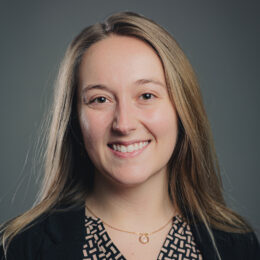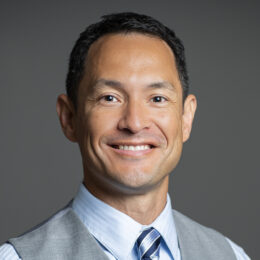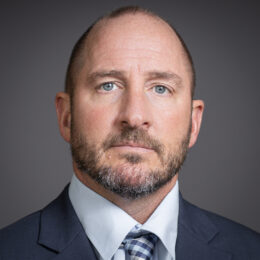Exercise Science and Fitness: Clinical and Rehabilitation Sciences
Are you passionate about helping others? Do you want to make a difference in the world? If so, then a Clinical and Rehabilitation Sciences degree from Manchester University might be the perfect fit for you.
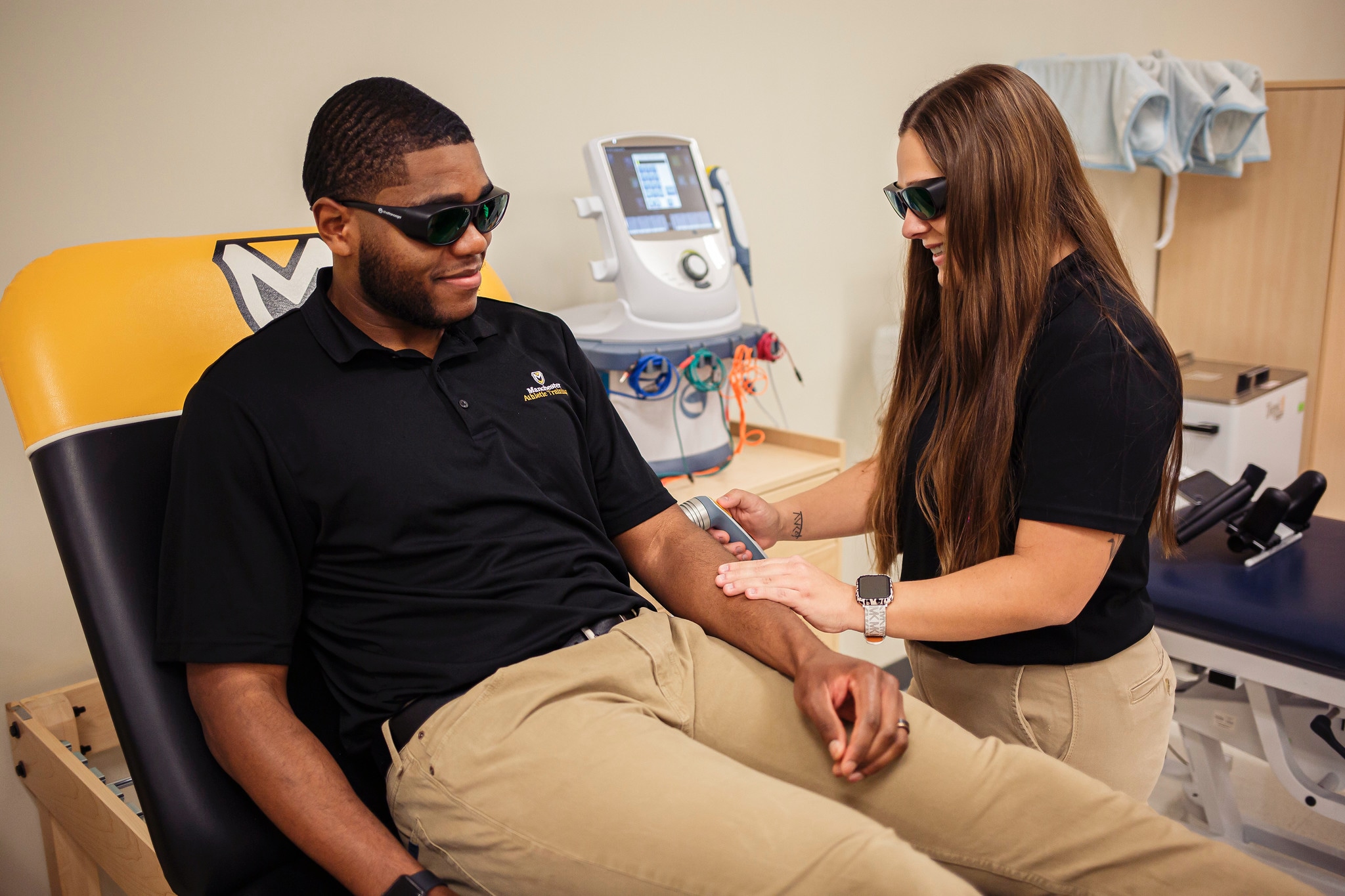
Earn Your B.S. in Exercise Science – Clinical Rehabilitation Sciences
Traditional 4-year Degree
Earning your BS in Exercise Science – Clinical Rehabilitation Sciences at Manchester University is a unique to students interested in the fields of Pre-Athletic Training, Pre-Physical Therapy, and Pre-Occupational Therapy. This option is ideal for students who want the full college experience, with more time for athletics, Esports, campus activities, research, internships, and deeper campus engagement. You’ll complete 120 credit hours and graduate with a strong academic foundation for your next step.
Earn an Applied Degree in 3 Years
For Applied-Pre-Athletic Training and Applied Pre-Physical Therapy students, Manchester offers the Degree in Three, the first program of its kind in Indiana. This accelerated pathway option leads to an official Applied Degree and allows you to complete your bachelor’s in six semesters. You’ll earn 90 or more credits, graduate sooner, reduce tuition costs, and be ready to begin your graduate program, ideally within MU Fort Wayne’s Master of Athletic Training and Doctor of Physical Therapy.
Both pathways prepare you well for graduate-level study. The right choice depends on your intended field and the timeline and college experience that best fit your goals.
NOTE:
The four-year Exercise Science – Clinical Rehabilitation Sciences major is the required and only pathway for students pursuing Pre-Occupational Therapy. Manchester does not offer an Applied Degree (Degree in Three) option for Pre-OT.
Program Information:
4-Year Degree in Exercise Science – Clinical Rehabilitation Sciences
- 120 Total Credit Hours
- 57 Credit Hours within the Major
Applied Degrees | Degree in 3
- Pre-AT (90+ Total Credits)
- Pre-PT (90+ Total Credits)
Minor
Location
- North Manchester
Understanding Your Options at Manchester University in Clinical Rehabilitation Sciences
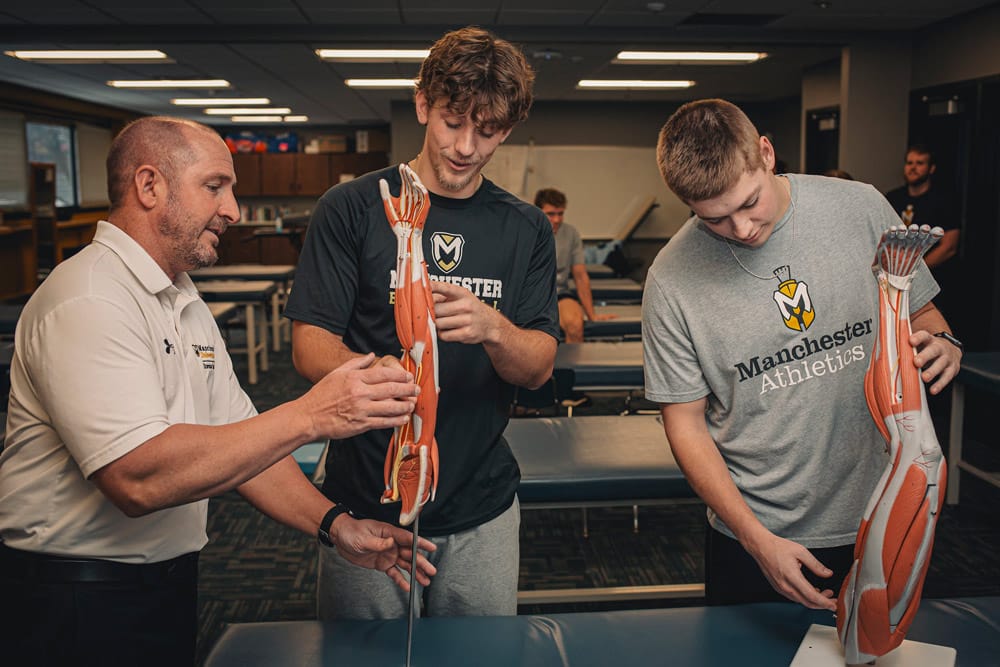
Traditional BS in Exercise Science CRS
A four-year degree program opening doors to your future in athletic training, occupational therapy, and physical therapy.
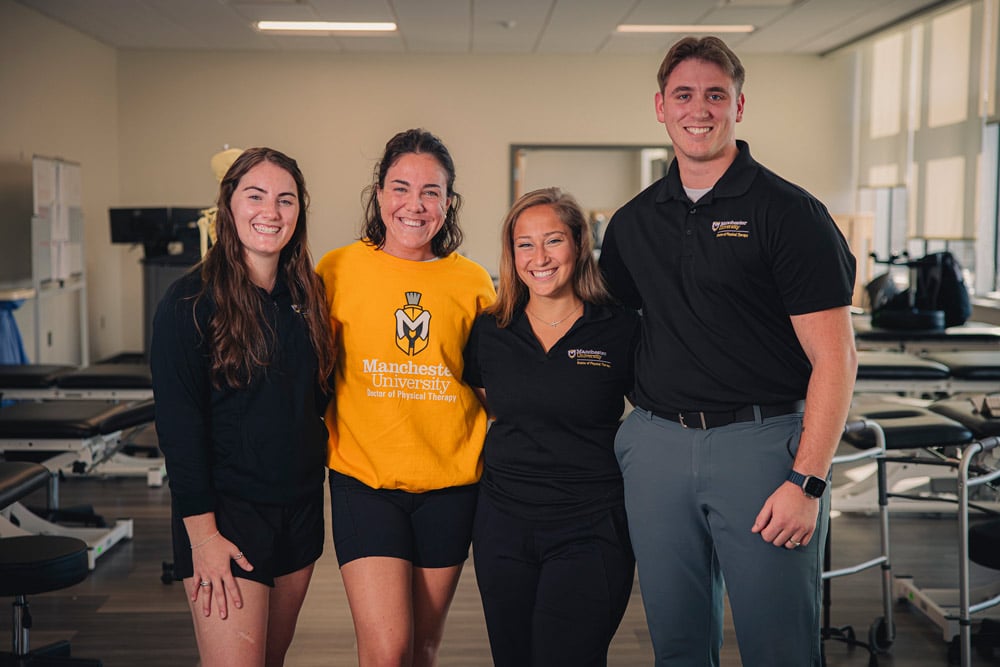
Applied Pre-Athletic Training
Earn an applied degree in pre-athletic training from Manchester University in 3 years – 6 traditional semesters. This degree type qualifies you to enter graduate programming sooner and saves you tuition costs now.
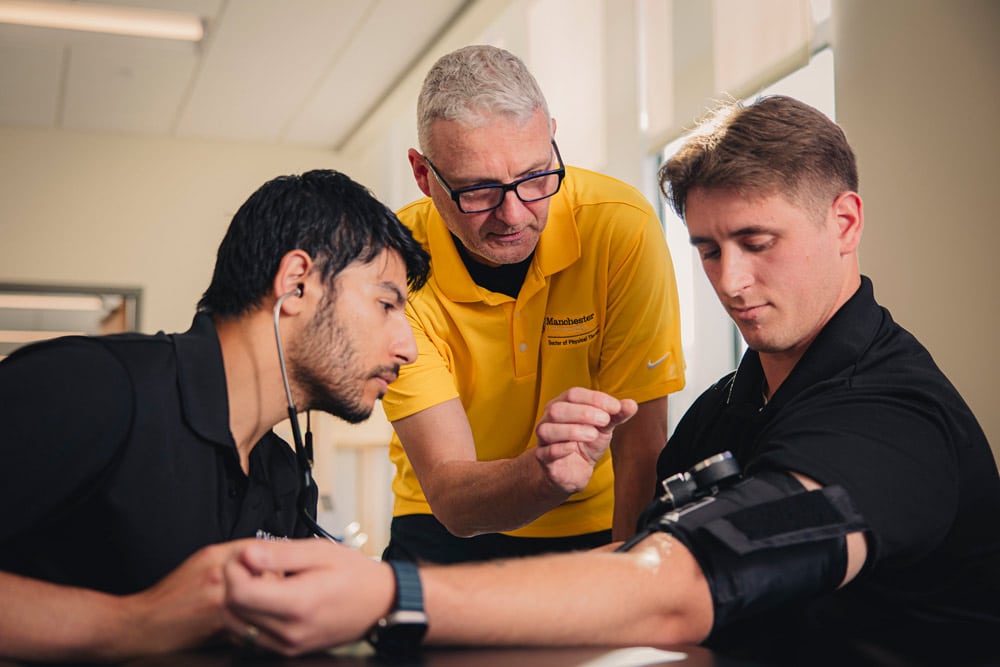
Applied Pre-Physical Therapy
With this Applied Pre-PT Degree from MU, you’ll be ready to enter the Doctor of Physical Therapy Program with the same quality of education as a traditional BS. If saving expenses on tuition and time are among your most important values, this option is likely beste for you.


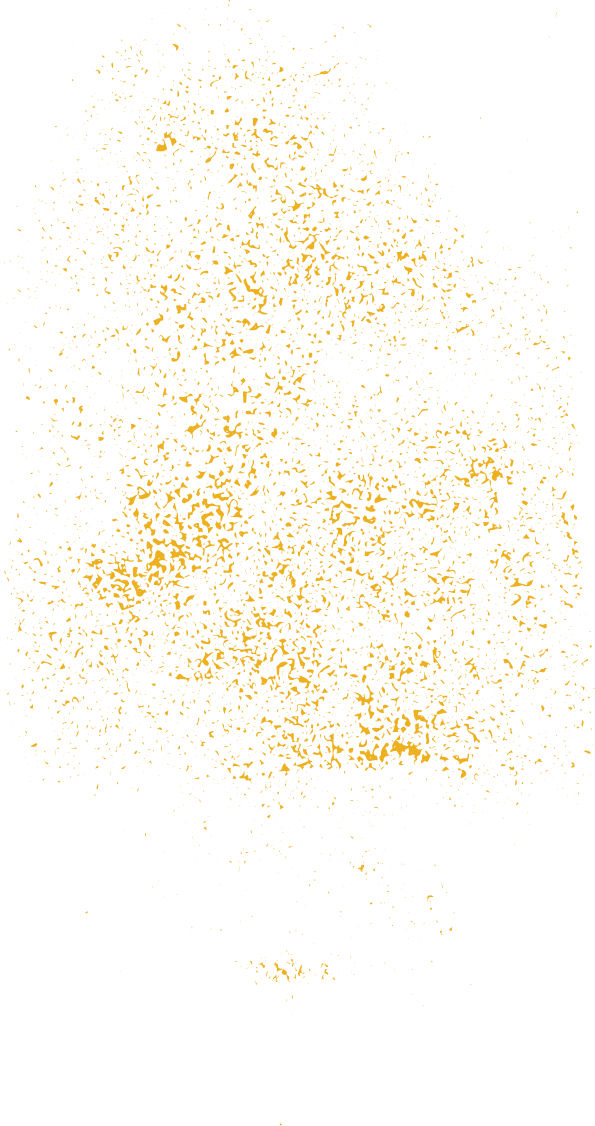
Aaron Wellman ’96 PhD, CSCCA, CSCS, ISSA
Head Strength Coach New York Giants
About the Clinical and Rehabilitation Sciences Program
Why do Students Choose an Applied Degree from Manchester University?
The Applied Degree at Manchester is the first of its kind in the state of Indiana. With this degree type, you’re only required to complete 90 or more total credits to graduate in just six short semesters. That saves you time, tuition, and puts you on course to enter a career sooner.
Manchester offers Applied Degrees in pre-physical therapy and pre-athletic training.
Planning to Earn a Doctorate or Master’s Degree
It’s rare that a student pursuing a degree in Clinical Rehabilitation Sciences would only choose to complete their undergraduate requirements. That’s why Manchester offers a Master of Athletic Training Program and Doctor of Physical Therapy Program at Manchester University Fort Wayne. An applied degree from MU puts you in a natural position to transition directly into graduate programming in only 3 years.
Earning Your Degree in 4 Years
There are many reasons students choose a 4-year degree track. Within a traditional bachelor of science degree from MU within the major of exercise science – clinical rehabilitation sciences, students are well prepared to enter the fields of athletic training, physical therapy, and occupational therapy.
We designed our clinical and rehabilitation sciences degree with your future career in mind. Our comprehensive curriculum covers a range of essential health sciences subjects, including human anatomy, physiology, chemistry, developmental psychology and exercise physiology.
In addition to classroom learning, you’ll complete hands-on learning to prepare you for real-world work. Through labs, mock evaluations, internships and study abroad, you’ll develop the skills and experience to be successful in graduate school and your career.
View all required classes for the Clinical Rehabilitation Sciences program.
Learn more about the study away opportunities through the Exercise Science Department.
1. Students will demonstrate knowledge and understanding of the scientific terminology, facts, principles, resume building, and concepts of exercise as appropriate for an entry-level health/fitness professional.
Student Learning Outcomes:
- Students will identify and summarize key concepts and principles of exercise science.
- Students will conduct research and interviews with patients to manage health outcomes.
2. Students will demonstrate competence of structure and function of the human body as well as typical acute and chronic adaptations to exercise and injury.
Student Learning Outcomes:
- Students will identify, palpate, and clinically test human structure and function.
- Students will research and identify adaptations and trends typical of acute and chronic exercise and injury.
3. Students will explain and demonstrate biomechanical movement concepts of exercise, fitness, and activities related to ADL’s, functional movement, and rehabilitation.
Student Learning Outcomes:
- Students will demonstrate proper terminology use towards treatment plans and rehabilitation protocols.
- Students will identify and demonstrate proper biomechanical technique within healthcare protocols.
4. Students will demonstrate knowledge in administrative principles, risk management, resume and budgeting in multiple healthcare professions.
Student Learning Outcomes:
- Students will identify and evaluate principles and policies for healthcare professions.
- Students will understand the concepts of budget and facility design in in healthcare settings.
5. Students will identify and demonstrate knowledge of health care professions roles, responsibilities, fiscal financial worth, and credentialing for future professions and/or graduate school.
Student Learning Outcomes:
- Students will understand how philosophy and ethics relate to medical professions.
- Students will identify and understand credentialing and financial evolution of multiple healthcare professions.
Take the next step toward earning your degree. We have the resources to help you get started.
Why Choose MU for Clinical and Rehabilitation Sciences?

Career-focused specializations
Tailor your learning based on your interests and career goals. Choose your specialization area to align with your career objectives:
- Pre-Athletic Training
- Pre-Physical Therapy
- Pre-Occupational Therapy
Learn from industry experts
Our faculty mentors bring years of real-world experience to the classroom. They have been where you are and know what it takes to be successful. This robust knowledge base prepares you within the clinical rehabilitation sciences and can be applied towards chiropractic school.
Gain experience in professional facilities
What You Can Do with Your Clinical and Rehabilitation Sciences Degree
Athletic Trainer
Prevent and treat injuries in schools or sports clinics.
Physical Therapist
Help patients improve movement and manage pain.
Occupational Therapist
Assist people in regaining daily life skills.
Rehabilitation Aide
Support therapists with patient care and exercises.

Career outlook for Clinical and Rehabilitation Sciences majors
The U.S. Bureau of Labor Statistics reports promising employment growth and salary for clinical science and rehabilitation science professionals:
- Athletic Training professionals are highly sought after, with a projected 14 percent growth in employment by 2032 and an average annual salary of $53,840.
- Physical Therapy job opportunities are projected to increase 15 percent over the next decade, with an average annual salary of $97,720.

Meet the Faculty
You Might Also Be Interested In These Programs
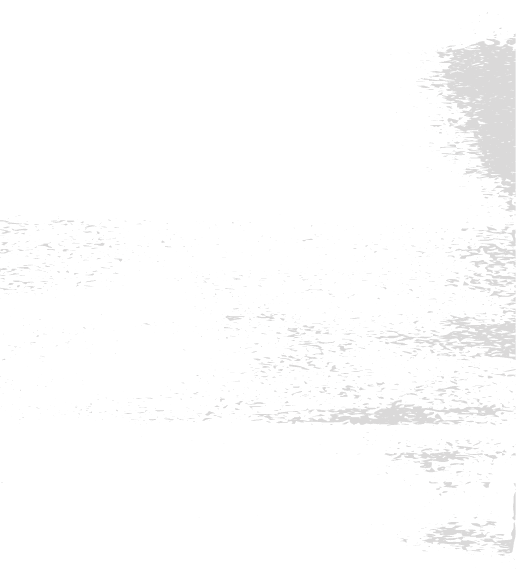
Non-Discrimination in the Admission Process
Manchester University is committed to non-discrimination in campus life. The University does not discriminate on the basis of national origin, ancestry, race, color, age, sex, gender identity or expression, sexual orientation, familial status, religion, disability or veteran status in admissions or any area of campus life, including its educational programs, scholarships and loan awards, residence life programs, athletic programs, extracurricular programs, promotion and tenure policies and practice, and alumni affairs.
Manchester University is committed to carry out the provisions of Section 504 of the Rehabilitation Act of 1973 and the Americans With Disabilities Act, which provide for accessibility of University programs to the physically disabled.





